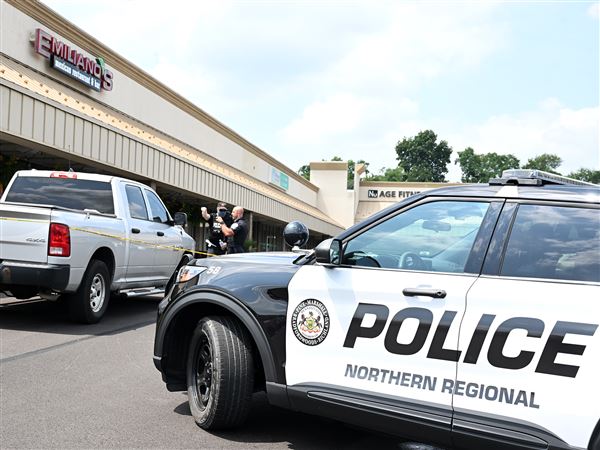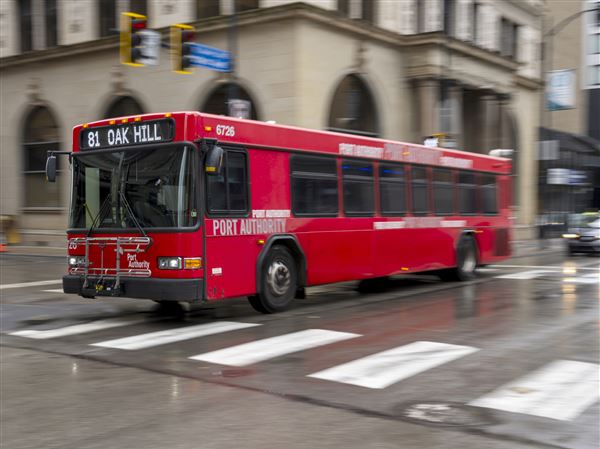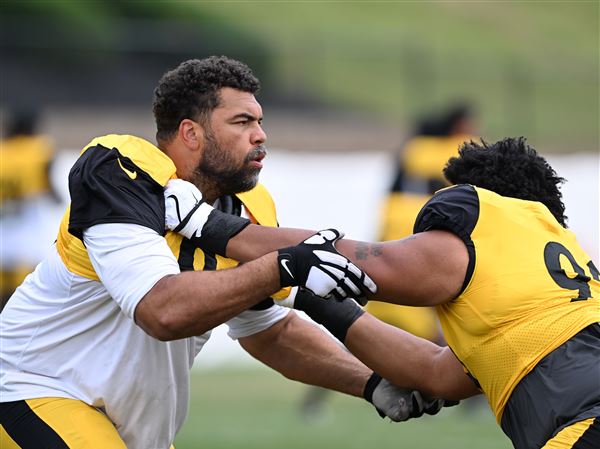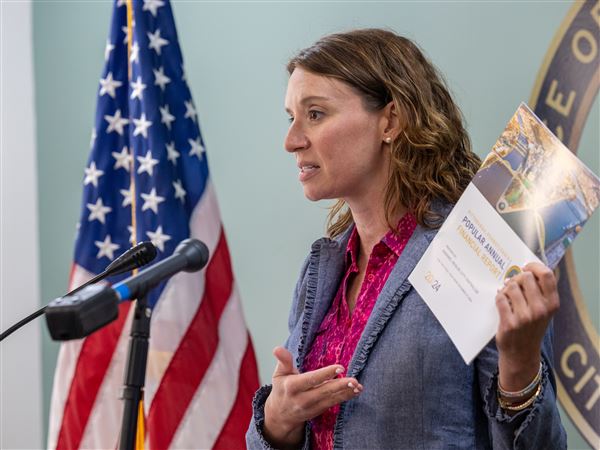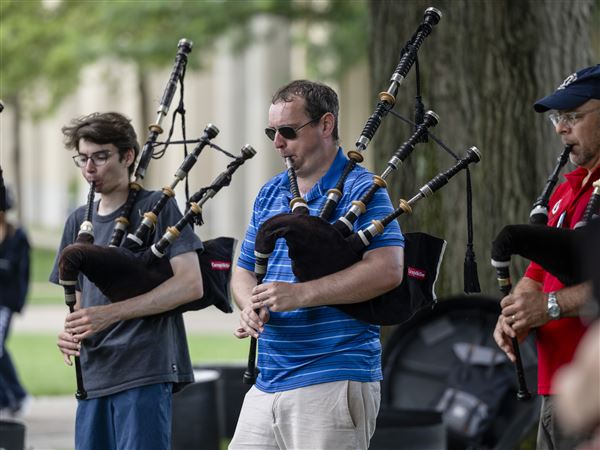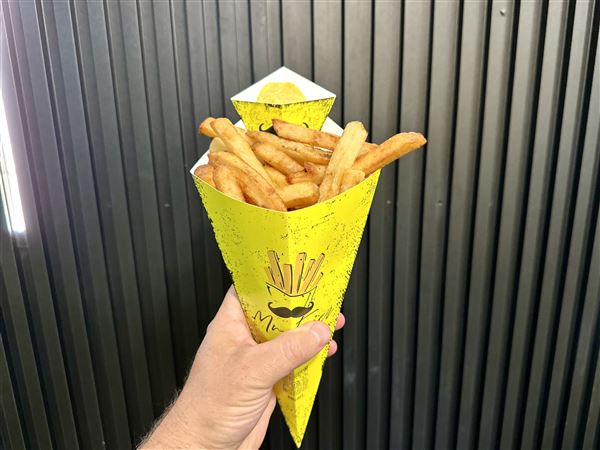HARRISBURG -- Don't get too used to those newfangled touch-screen voting machines just yet. A court case challenging their legality and accuracy could go forward early next year.
A group of voting activists got a green light from the state Supreme Court last week to proceed with a 2-year-old lawsuit that challenges the use of the electronic machines, various types of which are now in use in 50 of the state's 67 counties.
The Commonwealth Court lawsuit was filed by members of the League of Women Voters, the NAACP and others, including incoming state Treasurer Rob McCord of Bucks County.
They're seeking a ruling against the touch-screen machines, claiming they don't always work properly, could be damaged by computer hackers and don't have a paper trail to verify that all touch-screen votes were accurately recorded. Opponents contend there's no assurance that the machines will, 100 percent of the time, record a vote for the candidate that a voter intended to vote for.
The plaintiffs are being assisted by the Public Interest Law Firm of Philadelphia and a national voting rights group called Voter Action. They want Commonwealth Secretary Pedro Cortes to reverse his previous approval of a number of different touch-screen machines and decertify them for use in state elections.
Because he declined to do so, the challengers went to court in August 2006. Commonwealth Court ruled in their favor 18 months ago but Mr. Cortes appealed to the state Supreme Court, which is now letting the lawsuit proceed.
Michael Churchill, a lawyer for the plaintiffs, said a hearing will be held in the next few months.
"These machines don't comply with state law because they aren't reliable and safe from hacking," he contended.
Leslie Amoros, a spokeswoman for Mr. Cortes, called the criticisms unfounded.
"The paucity of problems with voting systems over the past few elections, including the recent presidential election, shows that the plaintiffs' fears are grossly exaggerated," she said. "We are disappointed that the court did not hear our appeal and will prepare our answer" to the suit filed by the plaintiffs.
Touch-screen opponents want Pennsylvania to revert to a system of paper ballots filled out in pencil -- using circles beside the candidates' names -- with the ballots then being counted by an optical scanning device.
"There is overwhelming evidence showing that electronic voting machines are unreliable and insecure for the counting and recording of votes," said Mary Kohart, another lawyer for the plaintiffs. "These machines should be decertified in Pennsylvania."
Susan Greenhalgh, a New York-based spokeswoman for Voter Action, said that in one South Carolina county in last spring's Republican presidential primary, none of the electronic voting machines worked on Election Day because of a computer programming error.
She said 18,000 votes in one congressional district in Florida in 2006 weren't counted because of a computer glitch. Also, she contended, studies of touch-screen systems in California and Ohio have shown "a lot of problems regarding security and vulnerability to hackers."
The machines were widely chosen for use after the "hanging chad" problems that slowed the vote count in Florida in the 2000 presidential election, and the Help America Vote Act, which was enacted by Congress in 2002 as a response to that problem.
Mr. Churchill said some of the computer programs and software used in the electronic touch-screen machines is already outmoded and not up to the task of accurately recording all votes.
He acknowledged that many counties have spent a lot of money, most of it federal, to get away from the old lever machines in favor of touch-screen machines. He said perhaps counties could try to get their money back from the manufacturers if the devices are proven unreliable.
The makers of the machines have insisted they are reliable and accurate.
First Published: December 22, 2008, 5:00 a.m.
